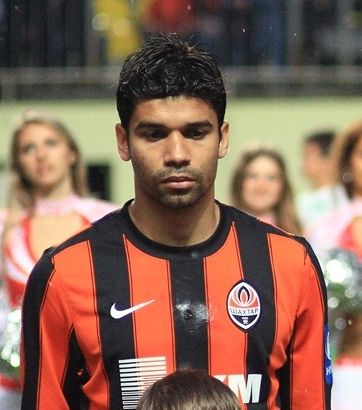Browse through Croatian history for this week, you may be surprised by what you read...
February 19
Born on this day in 1822, Antonio Bajamonti was a Dalmatian Italian politician and long-time mayor of Split. He is remembered as one of the most successful mayors of the city, occupying the post almost continuously for twenty years (1860–1880). Unlike many of his predecessors and successors, Bajamonti brought peaceful cooperation between the city's Romance (Italian) and Slavic (Croatian) citizens. For many years Bajamonti enjoyed the support of Croats and Italians and in this period of relative social peace was the propeller of important public works. In 1859, before his election, he built a public theatre with his own money. During his administration, gas lighting was installed instead of oil, the Society for the construction and embellishment of Split was established, the west wing of the representative building on the Prokurative square was built and the old Diocletian's aqueduct waterworks were renovated.
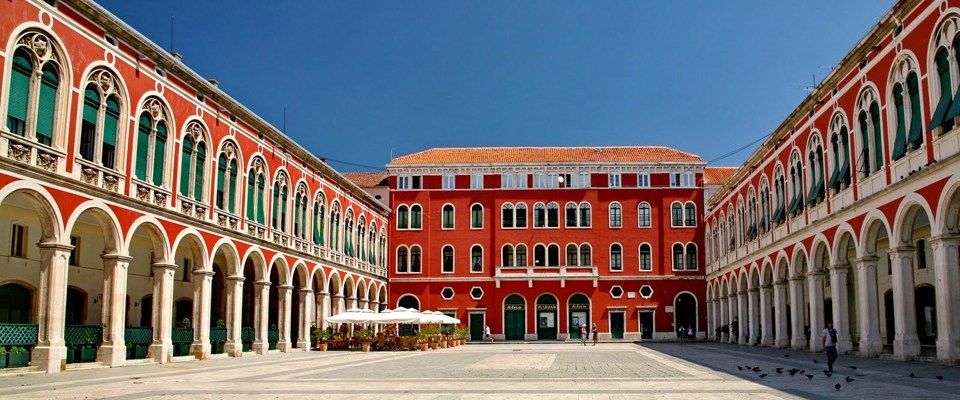
February 20
After a loud apparent thunderclap during rainy weather, a single stone stuck a tree and then embedded itself 30 cm deep into the ground in 1951. Upon inspection the interior of this brecciated meteorite contained abundant, often granular chondrules, clasts, and inclusions within a fine-grained and sometimes glassy matrix. At a more granular level, the variety of compositions and textures of these incompletely equilibrated components — including some unusual spinel-plagioclase intergrowths — have drawn attention. The Dubrovnik fall is the only UOC fall listed as exactly an 'L3-6'. The main mass is being kept in the Dubrovnik Museum.
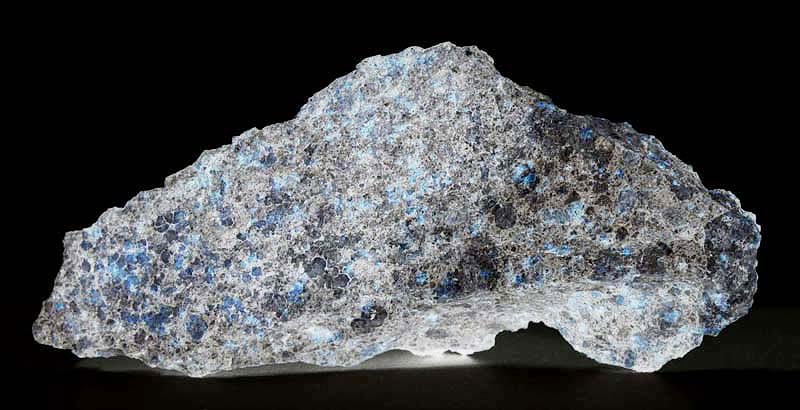
February 21
Velimir Đuro Josip Deželić was born on this day in 1864. He was a writer, lexicographer and librarian. He studied to be a doctor in Vienna, but soon realized this was not his calling, devoting himself to literary work, language and history studies. He obtained an abundant encyclopaedic knowledge, which served him well as director of the Royal University Library. He spent entire days in Vienna public libraries, attended history lectures at the university, studying modern literature of many nations at the libraries. As a Slavophile he learned Russian, Polish, Czech, Slovenian and Bulgarian languages, which served him well in Vienna in contacts with Slavic politicians and writers. He later enrolled in Zagreb University, becoming a doctor of philosophy. He first enrolled as a clerk in the University Library in Zagreb, moving up to run it from 1910 to 1920. During his period a new library building was built.
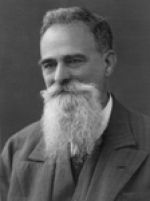
February 22
Ivan Picelj was a contemporary Croatian painter, sculptor and graphic designer, who dies on this day in 2011. Picelj developed a specific variation of geometric abstraction in Croatian painting by using primary colours and by reducing the shapes to geometric elements. He made sculptures and reliefs in wood and in metal (since 1957). The multiplication of the basic plastic unit within a regular grid is one of his trademark procedures. He was one of the founders and members of the group Exat 51 which, in the period 1950–1956, consisted of the architects Vjenceslav Richter, Bernardo Bernardi, Zdravko Bregovac, Božidar Rašica and Vladimir Zaharović, and the painters Vlado Kristl and Aleksandar Srnec. He is one of the founders of the New Tendencies movement, while also organizing the first industrial design exhibition in Zagreb in 1955 and helping design the Yugoslavian pavilions for national and international exhibitions. He is the recipient of the Vladimir Nazor Award for “Life Achievement.”
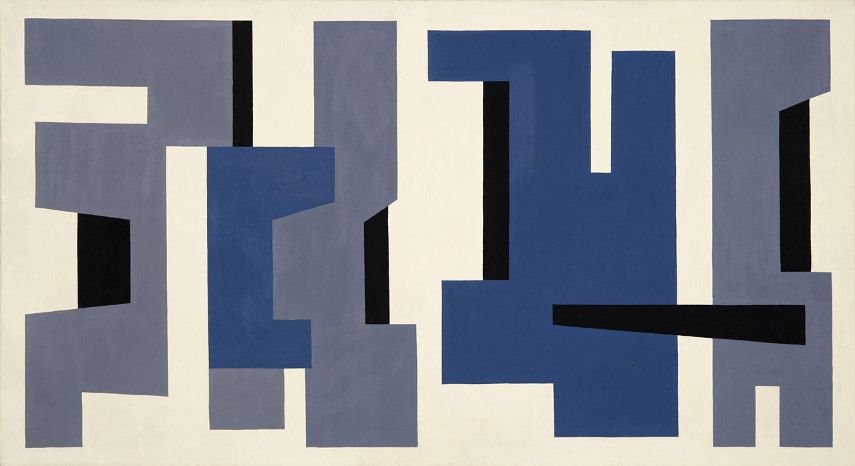
February 23
Otokar Keršovani was a Croatian and Yugoslav journalist and left-wing politician, born on this day in 1902 in Trieste, part of Austria-Hungary at the time. The collapse of the Habsburg Empire caught him in the Istrian town of Pazin, which was soon occupied by Italian forces and its Croatian school closed. Because of that Keršovani emigrated to Yugoslavia and began to study forest management at the University of Zagreb. In 1924 he became a full-time journalist, working for Zagreb Press Bureau and contributing to the Zagreb daily Novosti. At the same time, he also began to associate himself with Communism and he formally became a member of the Communist Party of Yugoslavia. In 1928 he was arrested and spent a year in prison. Upon his release he went to Serbia where he tried to organise local branches of SKOJ. In 1930 he was arrested again and sentenced to ten years of prison, after admitting his Party membership to the court. He served his sentence in Sremska Mitrovica prison, where he remained politically active. He served as Marxist ideology teacher for other incarcerated Communists. He also tutored other inmates in journalism and founded the prison newspaper Udarnik. He was released in February 1940 and continued to work in various left-wing magazines. In March 1941, at the very eve of the Axis invasion of Yugoslavia, he was arrested and put in Kerestinec prison. The Ustasha regime had him shot together with Zvonimir Richtmann, Božidar Adžija and Ognjen Prica as retaliation for Partisan activities. After the war, a publishing company in Opatija, as well as the Lifetime Achievement Award by the Croatian Journalists' Association, were named after him.
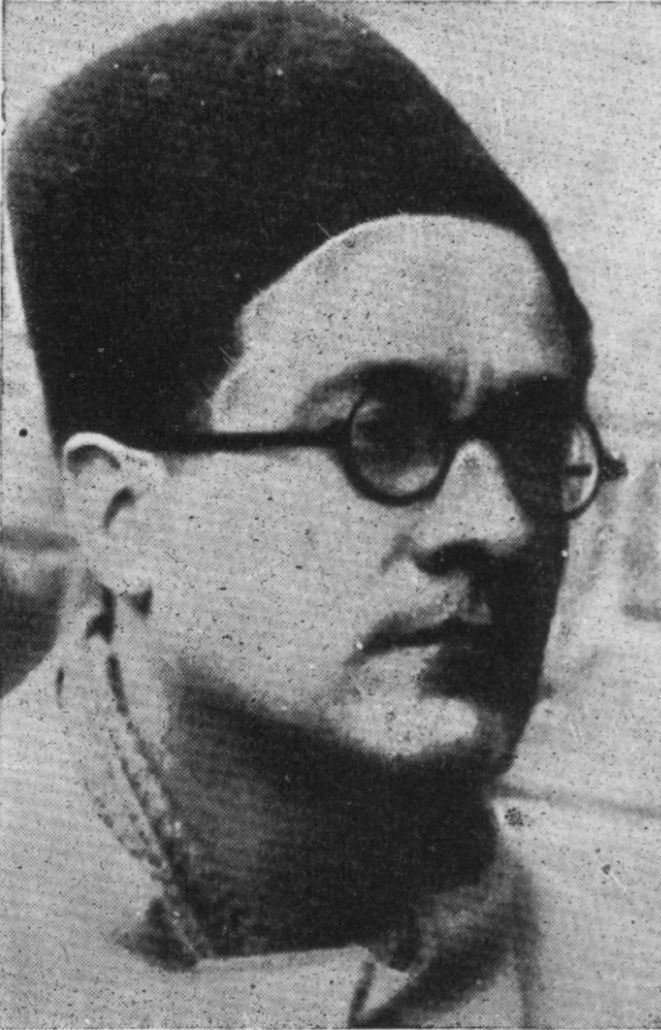
February 24
Born on this day in 1944, Ivica Račan was a Croatian politician who served as the Prime Minister of Croatia from 2000 to 2003, heading two centre-left coalition governments. He became the first Prime Minister of Croatia not a member of the Croatian Democratic Union, leading the opposition coalition headed by his Social Democratic Party which won the 2000 parliamentary election and came to power for the first time since independence. Before becoming Prime Minister he served in the capacity of Leader of the Opposition on two occasions: firstly, from the first multi-party elections in May 1990 until the formation of a national unity government under Franjo Gregurić in July 1991 and secondly, from his defeat in the 2003 general election by Ivo Sanader until his death on 29 April 2007. Račan was born in Ebersbach, Nazi Germany, where his mother was interned in a labor camp during World War II. He and his mother survived the Allied bombing of Dresden and were buried for days in the basement of a collapsed building. After the war, Račan returned to Croatia and spent his childhood and adolescence in Slavonski Brod.
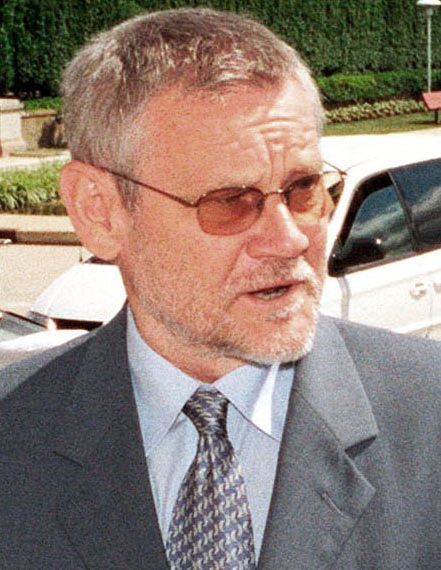
February 25
Eduardo Alves da Silva, born on this day in 1983, commonly known as Eduardo, sometimes nicknamed Dudu, is a Brazilian-born Croatian footballer. He began his career with his hometown club in Brazil, Bangu Atlético Clube. He later joined Dinamo Zagreb's youth team. His prolific scoring at Dinamo Zagreb, where he scored 73 times in 109 league appearances, attracted the interest of Arsenal who signed him for a fee of £7.5 million in 2007. Eduardo took up Croatian citizenship in 2002 and made his international debut for the Croatian senior team as a second-half substitute in a friendly match against the Republic of Ireland on 16 November 2004 at the age of 21. He was selected by the national team's coach Slaven Bilić for the UEFA Euro 2012 tournament and again by Niko Kovač for the 2014 FIFA World Cup. With 29 goals scored for Croatia, Eduardo is tied with Mario Mandžukić as the team's second most prolific striker on record, behind Davor Šuker with 45 goals.
